Pharma Industry News Update: 17 February 2017
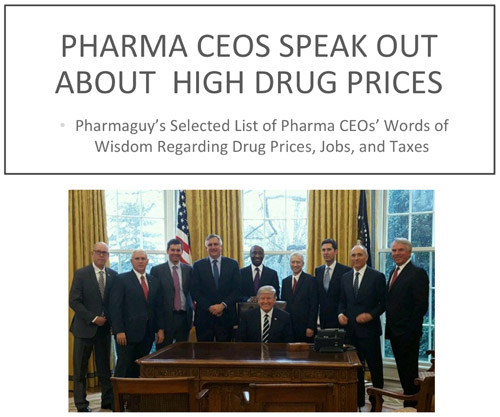
From pharmamkting.blogspot.com
CEOs include:
- PHARMA BRO’ MARTIN SHKRELI
- ALLERGAN CEO BRENT SAUNDERS
- PFIZER CEO IAN READ
- MYLAN CEO HEATHER BRESCH
- MARATHON CEO JEFF ARONIN
- LILLY CEO DAVID RICKS
- REGENERON CEO LEONARD SCHLEIFER
- NOVARTIS CEO JOESEPH JIMENEZ
- ACORDIA CEO RON COHEN
Access the Slideshare presentation here…
Further Reading:
- Allergan’s Brent Saunders’ “Manifesto” on Drug Prices & Access
- Pfizer Chief Ian Read Says Proposed (#FAIL) Allergen Merger Will Result in More U.S. Jobs
- Pharma More like Shkreli Than It Likes to Admit
- Pharma Sis, Mylan CEO, Hits Her EpiPen Marketing Target: Moms! Price Gouging Followed
![]()
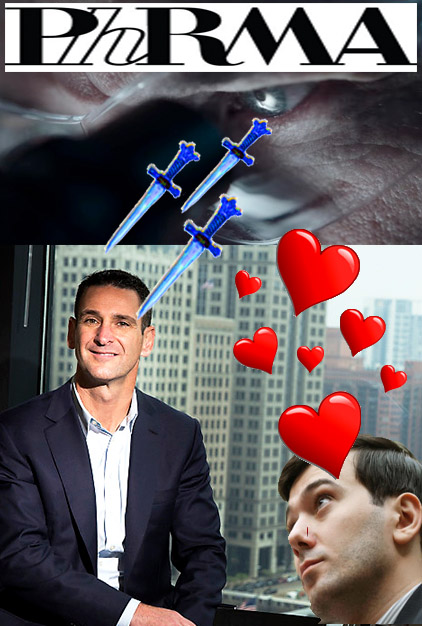 PhRMA Embarrassed by Marathon is Forced to “Review” Membership Criteria – Is a Purge in the Cards?
PhRMA Embarrassed by Marathon is Forced to “Review” Membership Criteria – Is a Purge in the Cards?
From endpts.com
After maintaining a steadfast silence for several days, the Pharmaceutical Research and Manufacturers of America (PhRMA) says Marathon is guilty of conduct unbecoming to the industry. The beleaguered organization — some in the industry urged Big Pharma to Secede from PhRMA — said it is launching a review on membership criteria that would likely leave Martahon CEO Jeff Aronin in the cold. PhRMA’s statement:
We are pleased Marathon decided to pause the launch of their medicine to solicit additional input from patients and other stakeholders. Their recent actions are not consistent with the mission of our organization. In addition, the leadership of the PhRMA Board of Directors has begun a comprehensive review of our membership criteria to ensure we are focused on representing research-based biopharmaceutical companies who take significant risks to bring new treatments and cures to patients.
Further Reading:
- PhRMA Offers Up Marathon Pharmaceuticals as “Sacrificial Lamb” to Trump?
- Senators Launch Probe into Marathon’s $89K Price Tag for “Cheap Steroid” – Company Retreats
- “I Literally Learned from This Guy,” Says Martin Shkreli of Marathon CEO Jeff Aronin
![]()
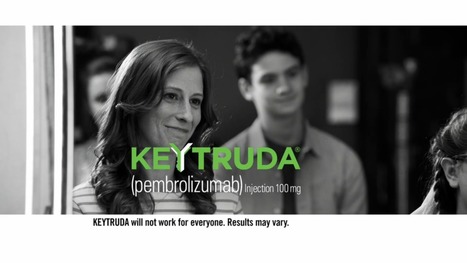 Competition Leads to More Spending on Cancer Drug DTC Ads, Which Are Less Effective & More Controversial
Competition Leads to More Spending on Cancer Drug DTC Ads, Which Are Less Effective & More Controversial
From www.mmm-online.com
From June 2013 to February of this year, pharma companies have spent an estimated $223 million on more than 42,000 airings for DTC cancer-ads for Bristol-Myers Squibb’s Opdivo, Merck’s Keytruda, Dendreon’s Provenge, and Amgen’s Neulasta, according to iSpot.tv. At least half of that spending is for Opdivo ads that aired during the last year.
Before 2013, when the first Provenge DTC aired, it was unheard of for brands to use direct-to-consumer advertising for oncology drugs.
Now that Merck kicked off its new campaign, that figure is expected to rise. Merck has its own story to tell for Keytruda. “TV is a great way to tell that story and build that initial awareness, especially with an older population,” said Matt Arnold, principal analyst for Decision Resources Group. “It’s expensive. It’s a shotgun approach, and it’s not very targeted, but we know that it works for awareness.”
[However, according to a new study, DTC advertising is less and less effective in driving awareness. For more on that, read Pharma is Spending More on DTC Advertising But Its Effectiveness is Decreasing, Says New Survey]
Further Reading:
- Oncologists Say Cancer Drug Advertising Fosters Misinterpretation of Efficacy by Patients
- Breakthrough Cancer Therapy DTC Advertising Boldly Emphasizes the Positive
![]()
 The Condé Nast Traveller’s Guide to TV DTC Drug Advertising
The Condé Nast Traveller’s Guide to TV DTC Drug Advertising
From worldofdtcmarketing.com
Eyeforpharma survey’s findings show that investment in DTC may be increasing but its effectiveness is decreasing. Numerous studies have shown that DTC TV spots are less than 20% effective in driving patients into their doctors to ask for an Rx (read “Pharma is Spending More on DTC Advertising But Its Effectiveness is Decreasing, Says New Survey“).
So the question becomes “why?” are DTC marketers so in love with TV? [Rich Meyer] asked two senior executives to explain pharma’s love affair with DTC at a time when the channel is showing less of an ROI.
From one response it quickly became apparent that the ad agency determined that exotic locations were the “most cost-effective” locations to shoot the client’s commercials. It was like something out of Condé Nast Traveler. The client loved her agency because she loved the location-shooting life.







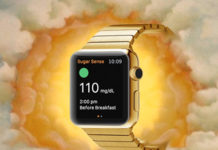
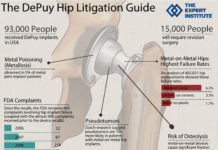
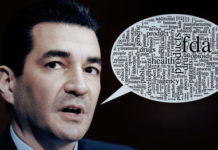
![6 Digital Tools at the Center of Healthcare Digitalization [INFOGRAPHIC]](http://ec2-54-175-84-28.compute-1.amazonaws.com/pharma-mkting.com/wp-content/uploads/2021/04/6DigitalTools_600px-100x70.jpg)




